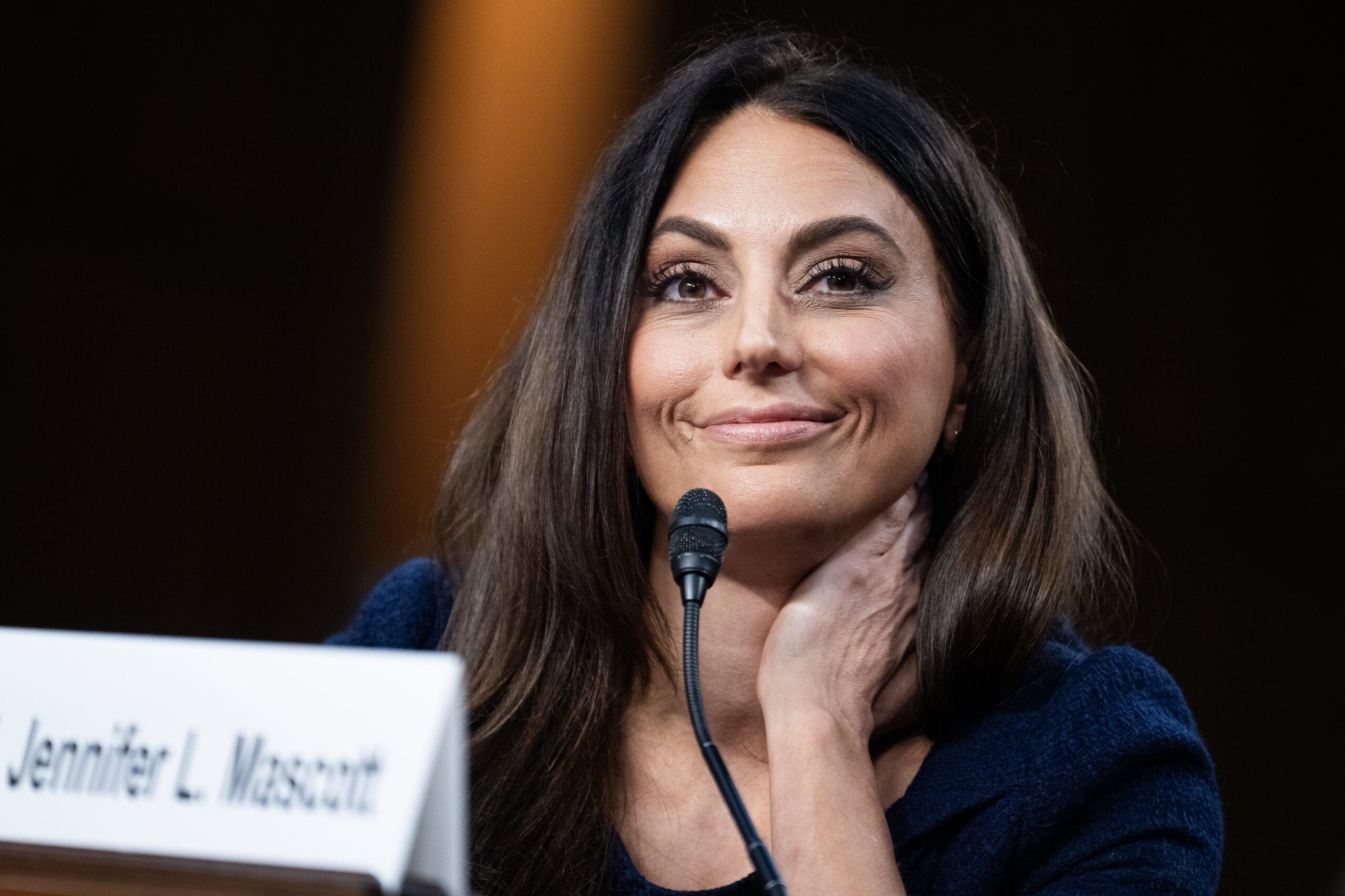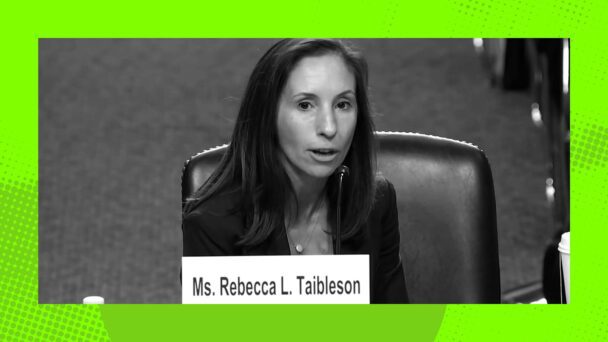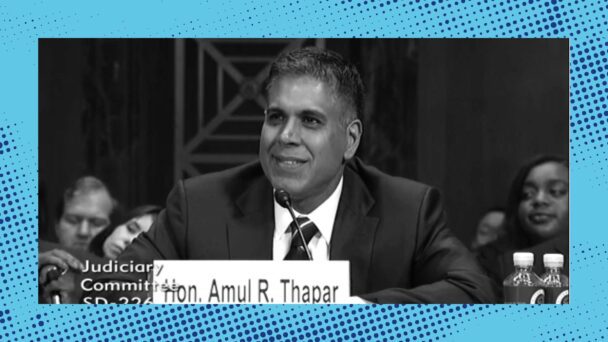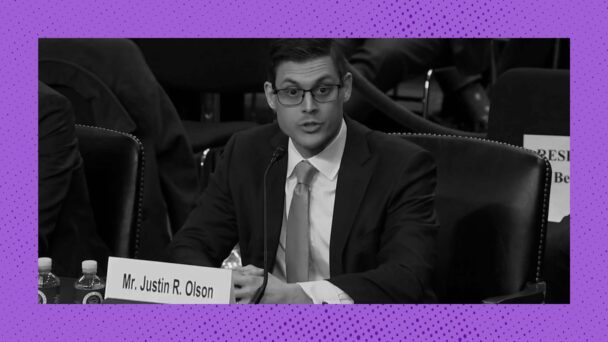The August recess is over, which means that Senate Republicans are back to work ramming President Donald Trump’s judicial nominees through the confirmation process. While the Senate was away, Trump announced another 10 nominees, all of whom recently appeared before the Senate Judiciary Committee. Here’s everything you need to know about the latest batch.
Vacancies
In the last few weeks, five more district judges have created vacancies for Trump to fill: Judges David Godbey and Jane Boyle of the Northern District of Texas, Mitchell Goldberg of the Eastern District of Pennsylvania, Cathy Seibel of the Southern District of New York, and David Proctor of the Northern District of Alabama. All five were appointed by President George W. Bush.
Texas’s district courts—which already have 18 Trump appointees out of 52 total seats—now have 10 total vacancies for Trump to fill. Because Goldberg and Seibel sit on courts in states with at least one Democratic senator, under the Judiciary Committee’s blue slip tradition, Trump cannot appoint their replacement unless those Democratic senators affirmatively sign off.
In total, just 24 judges have created new vacancies since Trump’s reelection.
Nominees and Hearings
On August 6, Trump announced five nominees to district courts in Alabama and Mississippi. The nominees from Alabama included Alabama Supreme Court Justice Bill Lewis—Trump’s first Black judicial nominee in his second term—to the Middle District of Alabama, as well as law firm partner Harold Mooty and Alabama Solicitor General Edmund LaCour to the Northern District of Alabama. LaCour, 35, was nominated for a district court judgeship during the first Trump administration, but his nomination was blocked when Alabama’s Democratic Senator Doug Jones refused to return a blue slip.
In Mississippi, Trump nominated James Maxwell and Robert Chamberlin, both of whom are Associate Justices of the Mississippi Supreme Court, to the Northern District of Mississippi.
On September 3, these five nominees joined Jennifer Mascott, Trump’s nominee to the Third Circuit, for their Senate Judiciary Committee hearings. Trump nominated Mascott to a seat based in Delaware, even though Mascott lives in Maryland and is not admitted to practice in Delaware, cannot vote there, and has little, if any, experience with the state’s corporate law regime, which is widely regarded as the most sophisticated and influential body of corporate law in the country. But, as Mascott’s Judiciary Committee Questionnaire revealed, she lobbied the White House to let her “serv[e] in the federal judiciary or any other governmental position” in which Trump “would be interested in having [her] serve,” so here we are.
Over the past few months, Mascott has also demonstrated an eagerness to trade in the most valuable coin of the realm: a willingness to adjust her views to suit Trump’s needs. Before Trump’s reelection, Mascott told the Judiciary Committee that she understood the decision in Trump v. United States to permit the prosecution of former presidents for unofficial acts. But all of a sudden, it’s a thornier question: At her hearing, Mascott was asked whether a president would be immune “if he ordered SEAL Team Six to assassinate a political opponent.” Rather than forthrightly answer that no, under no conceivable system of law and order would it be an official act for the president to greenlight the assassination of their political rivals, Mascott said only that the Supreme Court hasn’t yet decided that specific narrow question.
True enough, as the Court’s opinion in Trump v. United States did not bother to define an “official act.” But do we really need the justices to do so? Surely there are some things that are so obvious and so fundamental that we hardly need the Supreme Court to weigh in. Not so, apparently, if Donald Trump is the one signing your commission.
When the district judge nominees appeared for the panel that followed, Senate Democrats largely checked out, and only Senators Dick Durbin of Illinois and Richard Blumenthal of Connecticut asked questions. And that’s a real shame, because Alabama Solicitor General Edmund LaCour should have been a prime target. As Alabama’s solicitor general in 2022, LaCour urged the Supreme Court in Milligan v. Allen to gut the little that remains of the Voting Rights Act so that Alabama could freely dilute the voting power of its Black citizens. LaCour’s arguments in that case were so extreme, and he presented them so poorly, that even Chief Justice John Roberts—yes, that John Roberts, the one who once declared that racism was over in the South—couldn’t bless them: The Court sent that case back to Alabama with instructions to redraw the maps and include two majority-Black congressional districts.
But LaCour was so determined to see Alabama’s Black population disenfranchised that instead of following the Court’s order, he worked directly with lawmakers to draw maps that once again limited Black representation to a single district. Earlier this year, a three-judge district court panel that includes two Trump appointees again found that the redrawn maps violated the Voting Rights Act, and that the Alabama legislature—with LaCour’s help—acted with racially discriminatory intent in drawing them. When asked about these events at the hearing, LaCour didn’t deny his involvement, but declined to answer questions in detail, given that the case has again been appealed to the Supreme Court.
In the past, defying court orders would have disqualified a lawyer from consideration for a judgeship. But for Trump and the MAGA movement, it’s their ticket to ride.

Mascott at her confirmation hearing (Tom Williams/CQ-Roll Call, Inc via Getty Images)
Also in August, Trump nominated Wisconsin Assistant U.S. Attorney Rebecca Taibleson to the Seventh Circuit. Taibleson, the daughter of conservative law professor Michael Krauss, has all the prestigious conservative credentials one would expect from an appellate court pick: a law degree from Yale, clerkships with then-D.C. Circuit Judge Brett Kavanaugh and Supreme Court Justice Antonin Scalia, and stints at a white shoe law firm and elite government offices.
Despite all that, some conservative groups got their knickers all in a twist about Taibleson’s nomination: In a letter signed by, among others, noted election denier Cleta Mitchell, the Conservative Action Project took issue both with her donations to West Virginia Democratic Senator Joe Manchin when he was considering a third-party presidential run, as well as her time in the U.S. Solicitor General’s Office during the first half of the Biden administration, even though service across administrations is exceedingly common in that role. (Frankly, I also take issue with giving money to Joe Manchin, but probably for a different reason.) In another letter, the American Family Association echoed those concerns and also criticized Taibleson’s membership in a “politically liberal” Jewish congregation in Milwaukee.
At last week’s hearing, though, Republicans seemed satisfied with her answers, which included stories about being raised by “a very conservative law professor” in a conservative Jewish family. Taibleson also toed the party line on the validity of cases like Griswold v. Connecticut, which recognized a right to contraceptive access, and Obergefell v. Hodges, which recognized a right to same-sex marriage, declining to say that the Court correctly decided them. And for good measure, she praised the legacy of Charlie Kirk, saying that she was raised in the “best tradition” of Kirk—to “relish debate.”
Trump also nominated Matthew Orso, Susan Courtwright Rodriguez, David Bragdon, and Lindsey Freeman to the Western and Middle Districts of North Carolina, and all four appeared before the Committee after Taibleson. Orso is in private practice, Rodriguez is a federal magistrate judge, and Freeman and Bragdon are both federal prosecutors. Bragdon clerked for Justice Thomas. But these nominees were joined on the panel by Sara Carter, Trump’s controversial nominee to be Director of National Drug Control Policy, and Committee Democrats focused almost exclusively on her, functionally allowing the district court nominees a pass.
Confirmations
Since the Senate returned from its August recess, Republicans have confirmed three more district judges: Ed Artau to the Southern District of Florida, Maria Lanahan to the Eastern District of Missouri, and Kyle Dudek to the Middle District of Florida. The votes were along party lines except for Dudek, who, for some reason, received a vote from Vermont Democratic Senator Peter Welch.
What’s Next
There are currently six nominees on the Senate floor awaiting confirmation: appeals court nominees Eric Tung and Joshua Dunlap, and district court nominees Jordan Pratt, Anne-Leigh Gaylord Moe, Chad Meredith, and William Mercer. Sometime in the next two weeks, the Judiciary Committee will add Mascott and the Mississippi and Alabama district court nominees to that list. The nominees from last week’s hearing—Taibleson and the North Carolina district court nominees—won’t be far behind.







